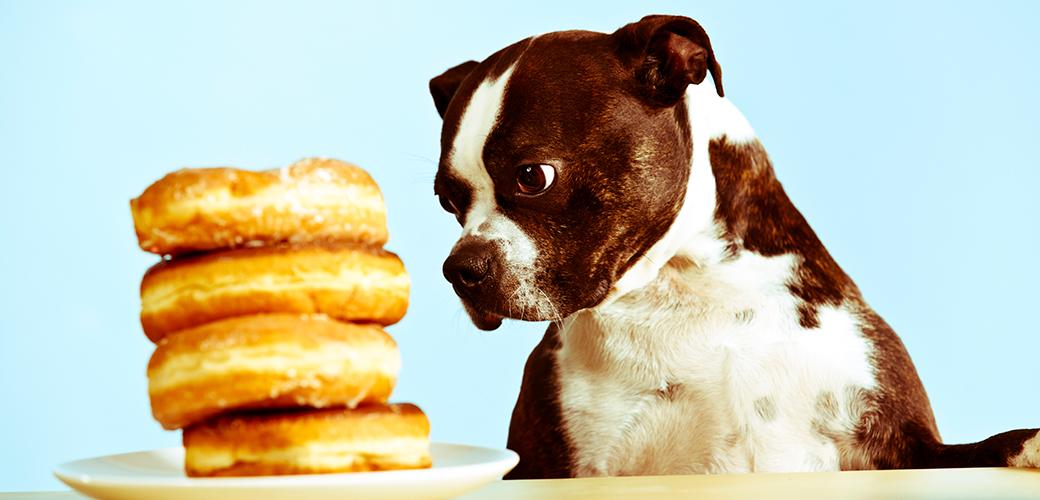Eating a healthy and balanced diet is important to keep your dog healthy. This is particularly important for puppies of large breeds, because they gain up to 100 times in weight during the growth phase. The growth period can last up to two years and – if it does not run off harmoniously – can have serious consequences. In this phase, your dog should be provided with all nutrients in the appropriate proportion, otherwise there is a risk of skeletal changes. There is a risk of hip and elbow dysplasia.
If you want to be sure that your dog is supplied with all the nutrients it needs, it is best to choose a special and high-quality puppy or young dog food. It contains everything your dog needs for healthy development.
BARFing young dogs of large breeds poses a great risk of over- or undersupply and the corresponding skeletal problems and is therefore not advisable!

As always, the following applies to the amount of food: every dog has its own requirements and needs and must accordingly be fed individually. If you are unsure at the beginning, you can use the guideline value on the packaging as a guide. Exercise is another important factor in your dog’s daily food needs. If your dog is very active and walks a lot, he can also get a little more food. You can find more tips on determining the right amount of feed here . However, the amount of treats should never exceed 10% of the feed.
It is best to divide the food ration into 4-5 meals a day for your puppy, and 2-3 meals a day for adult dogs. This will reduce the risk of life-threatening gastric torsion, which often affects large breeds.
For very large breeds, consider raising your dog’s food bowl to make it easier for your dog to eat. There are suitable racks for this in specialist shops. After meals, your dog should get a certain rest period, and the bowl should also be in a quiet place where your darling can relax and eat.
Obesity
Young dogs and puppies are only rarely overweight, which unfortunately does not mean that the dogs do not get too much food. Getting your puppy too much can lead to faster growth and associated health problems.
It is best to regularly weigh large breed puppies and consult breeders or veterinarians about their ideal weight.
As a rule of thumb, very large breeds shouldn’t weigh more than half their estimated final weight by five months of age.

